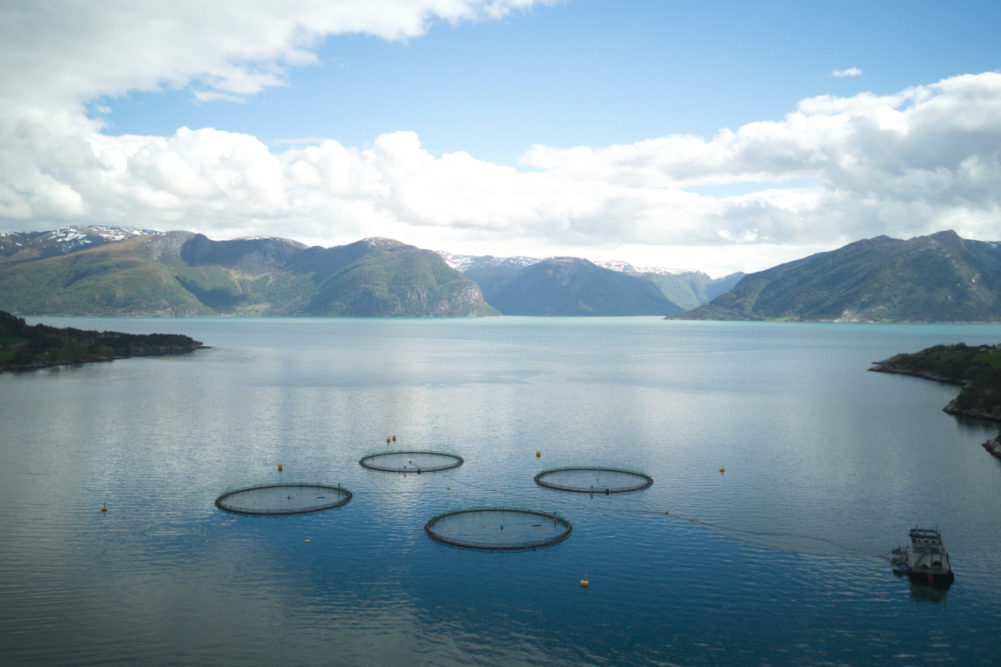OSLO, NORWAY – Members of the Norwegian Seafood Association are participating in an industry-wide collaboration to use blockchain and create a more transparent supply chain.
Once fully implemented, the initiative will allow consumers to trace their seafood products back to the source. The private network records data about catch location and time, supply chain events like shipping updates and customs clearance, and temperature.
“Norwegian seafood is known for its quality,” said Robert Eriksson, chief executive officer of the Norwegian Seafood Association. “At the same time, we still do not have the ability to trace where the fish came from, how it was grown or how it was stored. This creates the potential for fraud and food waste. Blockchain can help eliminate these problems with a transparent, accountable record of where each fish came from.
“We believe that this is only the start of something that will mean a great deal for the industry by creating more sustainable food production, which in turn will increase the return for producers.”
The use of blockchain technology is gradually spreading throughout the food and beverage industry. Cargill, Minneapolis, is using the technology in China to track some chicken products. The company has also used blockchain in its US turkey operations.
Nestle SA, Vevey, Switzerland, is using blockchain to trace the supply chain supporting its Zoegas coffee brand. The brand, which is sold in Sweden, uses Rainforest certified arabica beans from Brazil, Colombia and Rawanda. The technology allows interested consumers to trace the Zoegas coffee they purchase back to where it was sourced. Other Nestle brands using blockchain include Mousline and Guigoz, both of which are sold in France.

